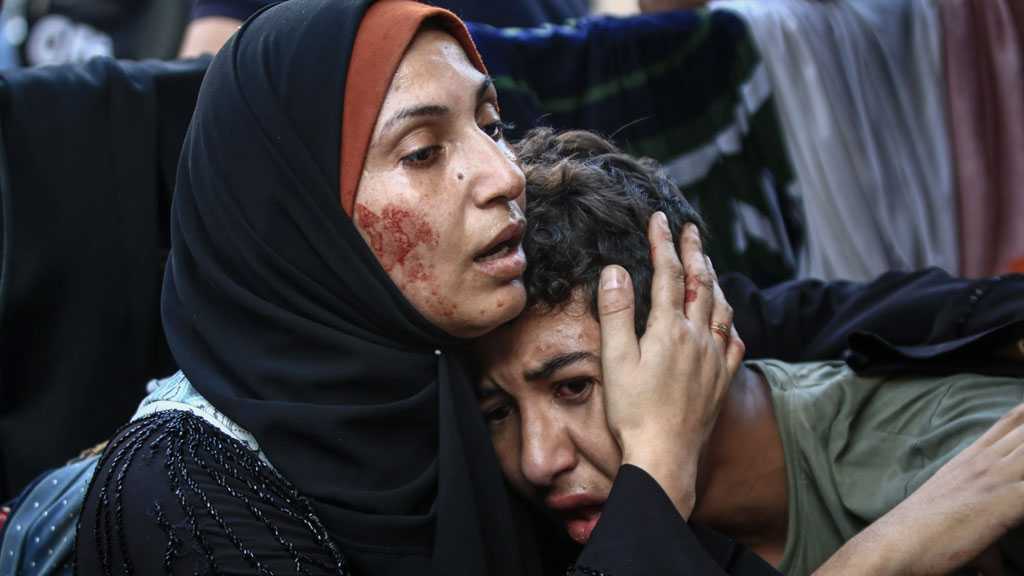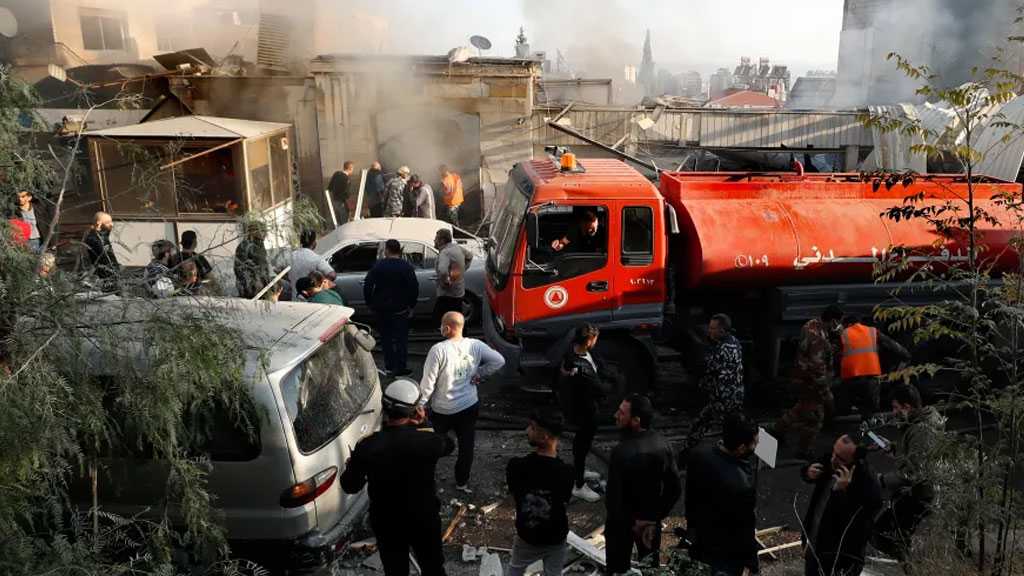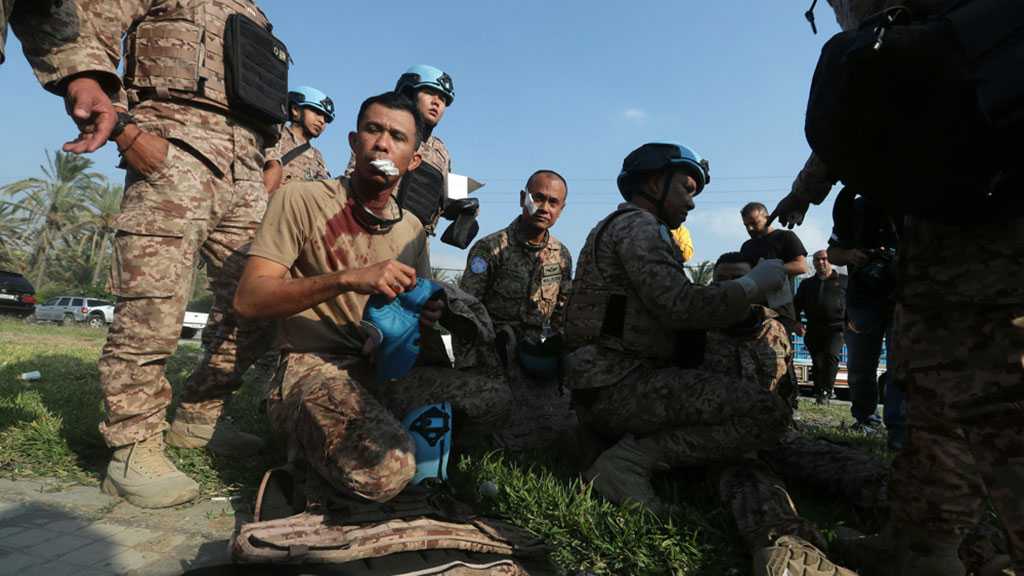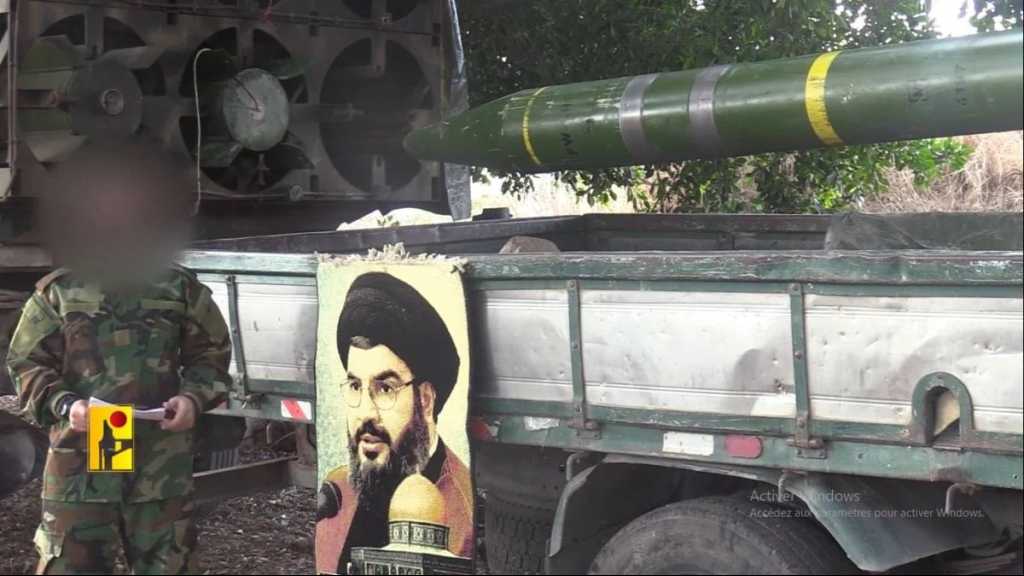Saudi Arabia Is the Middle East’s Drug Capital
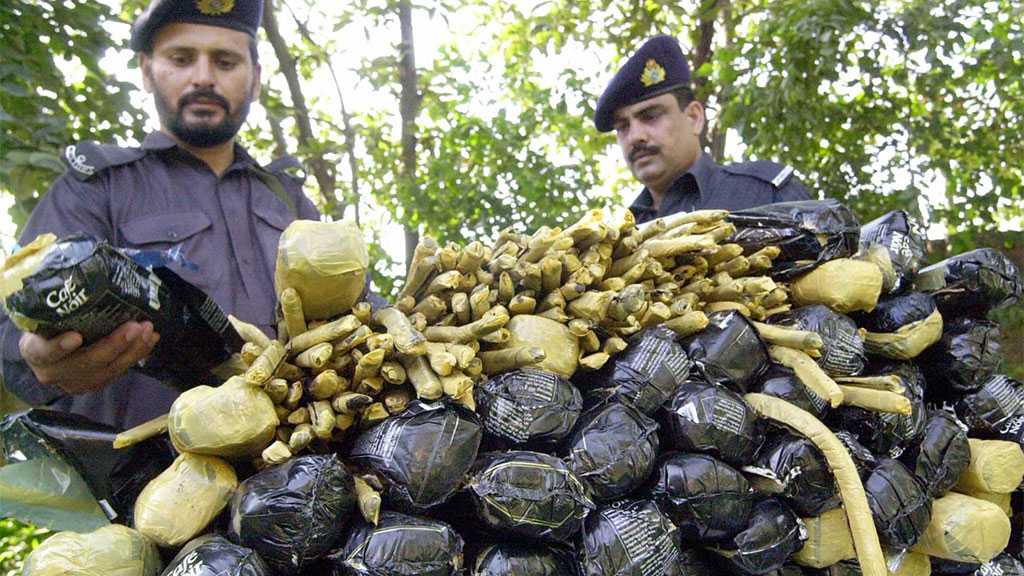
By Staff, Agencies
Under the title, “Saudi Arabia Is the Middle East’s Drug Capital”, Anchal Vohra wrote in the Foreign Policy:
“Three drug busts in quick succession over the last month have revealed the extent of Saudi Arabia’s drug problem. First, in a rare gesture of cooperation, the Syrian government confiscated over 500 kilograms [1,102 pounds] of addictive amphetamines known as Captagon that had been stashed in a pasta shipment intended for Riyadh, Saudi Arabia’s capital. A few days later the Saudi authorities seized over 30 million tablets of the intoxicant hidden in imported cardamom. Then, in mid-December, Lebanon’s Internal Security Forces foiled an attempt to smuggle four million Captagon pills to Riyadh via Jordan, this time hidden in coffee bags.”
According to the magazine’ columnist, “Captagon busts have become a regular affair inside Saudi Arabia. Research suggests that the pills, tiny in size and easy to make, are being mass produced in Syria and Lebanon fueled by Saudi demand. Saudi Arabia has become a lucrative market for drug traffickers and emerged as the capital of drug consumption in the region.”
She further clarified: “Captagon is the new rage in the wealthiest Arab nation. It is a mood enhancer that keeps you awake and euphoric but causes lasting health hazards. According to the United Nations Office on Drugs and Crime [UNODC], between 2015 and 2019 more than half of all Captagon seized in the Middle East was in Saudi Arabia. It first became popular in the region during the Syrian crisis, when fighters popped the pills to endure long battles.”
“Captagon demand has multiplied in Saudi Arabia, a country with few venues for recreation, but its growing appeal has not dented demand for cannabis and khat,” Vohra stated, noting that “A majority of Saudi drug users fall into the age 12 to 22 group, and 40 percent of Saudi drug addicts use Captagon.”
However, she underlined that “The biggest struggle is domestic. How can Riyadh cut down demand for drugs in a society that offers little for entertainment and imposes a strict social code on youngsters?
Informing the people of the harmful effects drugs cause is already a tough challenge for Saudi authorities; even harder is fighting the well-connected tribes who get bags full of money for facilitating the passage and distribution of drugs.”
Comments
- Related News

